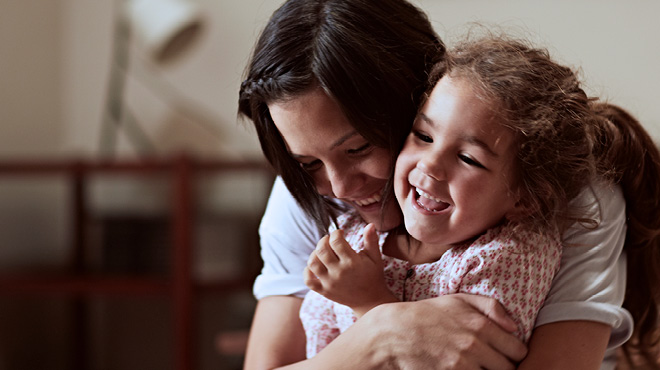Recent Posts
Patient reflects on surgical experience during pandemic

Diane Baier of Bloomer, Wisconsin, was planning a three-week trip to Alabama and didn't want to be bogged down with some nagging symptoms. She was experiencing lower back pain near her kidneys and had blood in her urine.
"I thought it was a bladder infection," says Diane, 69. "I almost didn’t go to the doctor because I was starting to feel better, but decided I needed to have it checked out before I left as I don’t have a doctor down there."
To her surprise, the test results for bladder infection came back negative, and she was referred to Michael Rentzepis, M.D., a urologist at Mayo Clinic Health System in Eau Claire.
In early March, Diane had a CT scan and then met with Dr. Rentzepis to discuss the findings.
"Her CT scan showed an area of irregularity in the left kidney," says Dr. Rentzepis. "A surgical procedure called ureteroscopy was recommended to evaluate that area by directly looking at it with a camera."
Diane decided to schedule the procedure.
"He is a wonderful doctor," says Diane. "He is so nice and makes you feel like you can't ask a dumb question. He spent time drawing diagrams so he could explain everything for me."
Pandemic alters health care delivery
However, between this appointment and her procedure date of April 1, the COVID-19 pandemic changed how health care was delivered. Diane's surgery was deferred while the surgery team developed new processes, and made changes to protect patient and staff safety during the pandemic.
"Our surgical leaders worked long hours to make the process safe for patients," says Dr. Rentzepis. "They also leveraged our flexibility and commitment to provide excellent care during the pandemic."
Dr. Rentzepis called Diane to let her know that her surgery needed to be deferred. She says she was impressed with this level of personal attention.
"I had a feeling that I was going to get a call with everything going on," says Diane. "He explained that he didn't know when the surgery could be rescheduled but outlined what was being done to make it safe. I was OK with it."
Dr. Rentzepis states that Diane's reaction was representative of other patients.
"In the calls I made, patients and families were certainly disappointed, but they understood the extraordinary events occurring with the pandemic and the need to balance safety with medical care," says Dr. Rentzepis. "I felt comfortable answering her questions based on the transparent information we were given by our leadership."
Safe surgery during a pandemic
Diane didn't need to wait long, and her procedure was rescheduled for April 20.
"The nurses were fabulous. They called two or three times the week before to explain everything," says Diane. "When I arrived for my tests, they gave me a mask and took my temperature. They were so friendly. Even though they had masks on, I could just feel that they were smiling and happy to see me."
On the day of her procedure, Diane was met at the hospital entrance by staff and was brought into the surgery area.
"While I was talking to one of the nurses, we realized that we knew some of the same people. It's always nice to find a personal connection," says Diane. "All the nurses were super nice, and they took plenty of time with me. I can't talk enough about how great everything was."
Diane's procedure went well, and soon she was waking up from the anesthesia.
"Ms. Baier did terrifically with the procedure," says Dr. Rentzepis. "No abnormality was found, and the irregularity on the CT was normal variation of her anatomy. This occurs about 25% of the time an abnormality is found."
Diane was relieved with the news and soon on her way home to recover. After her follow-up appointment with Dr. Rentzepis the next week, Diane was feeling great and getting back into her regular routine. This includes walking with a close friend up to three or four miles at a time.
Positive reflections
When she reflects on her procedure, she is impressed with the staff's dedication to safety and patient care during the pandemic.
"Everything went very well," says Diane. "The team was very professional and explained everything because of the virus. I was so at ease and had no worries at all. They made me feel so calm."
Dr. Rentzepis believes this is a result of the collaborative and patient-first culture of Mayo Clinic.
"We have an extraordinary team from the custodial staff, clinic staff, nursing, administration, to providers,” he says. “We all strive towards the same goal of providing the best care available to patients in all situations. The clinic is working with experts and the CDC to determine the safest and best practices for taking care of our patients. The care we provide is the same as what we would recommend for our families."






